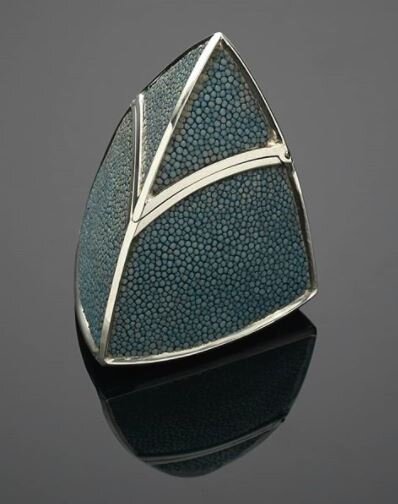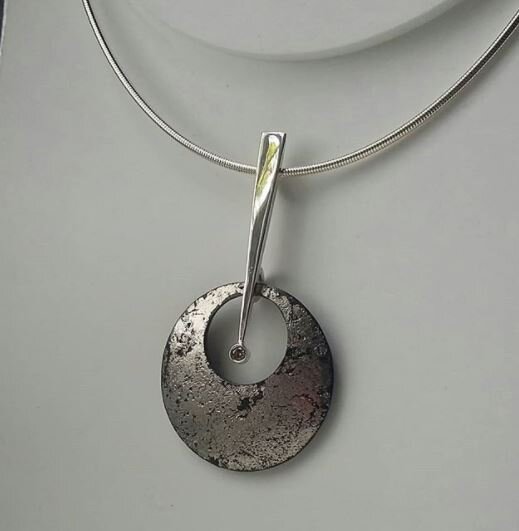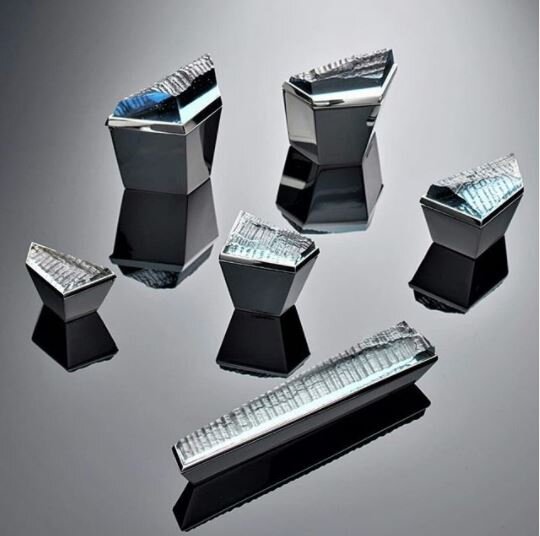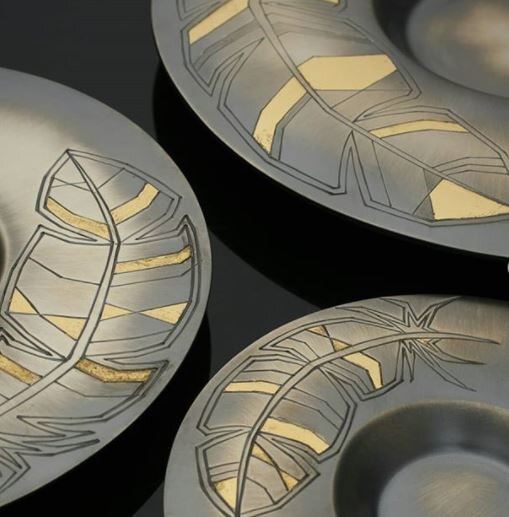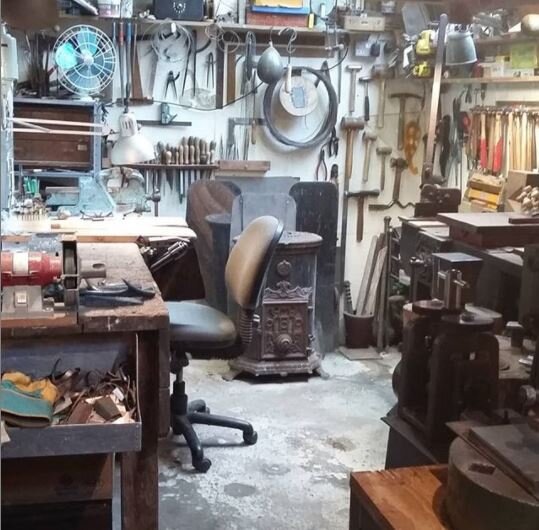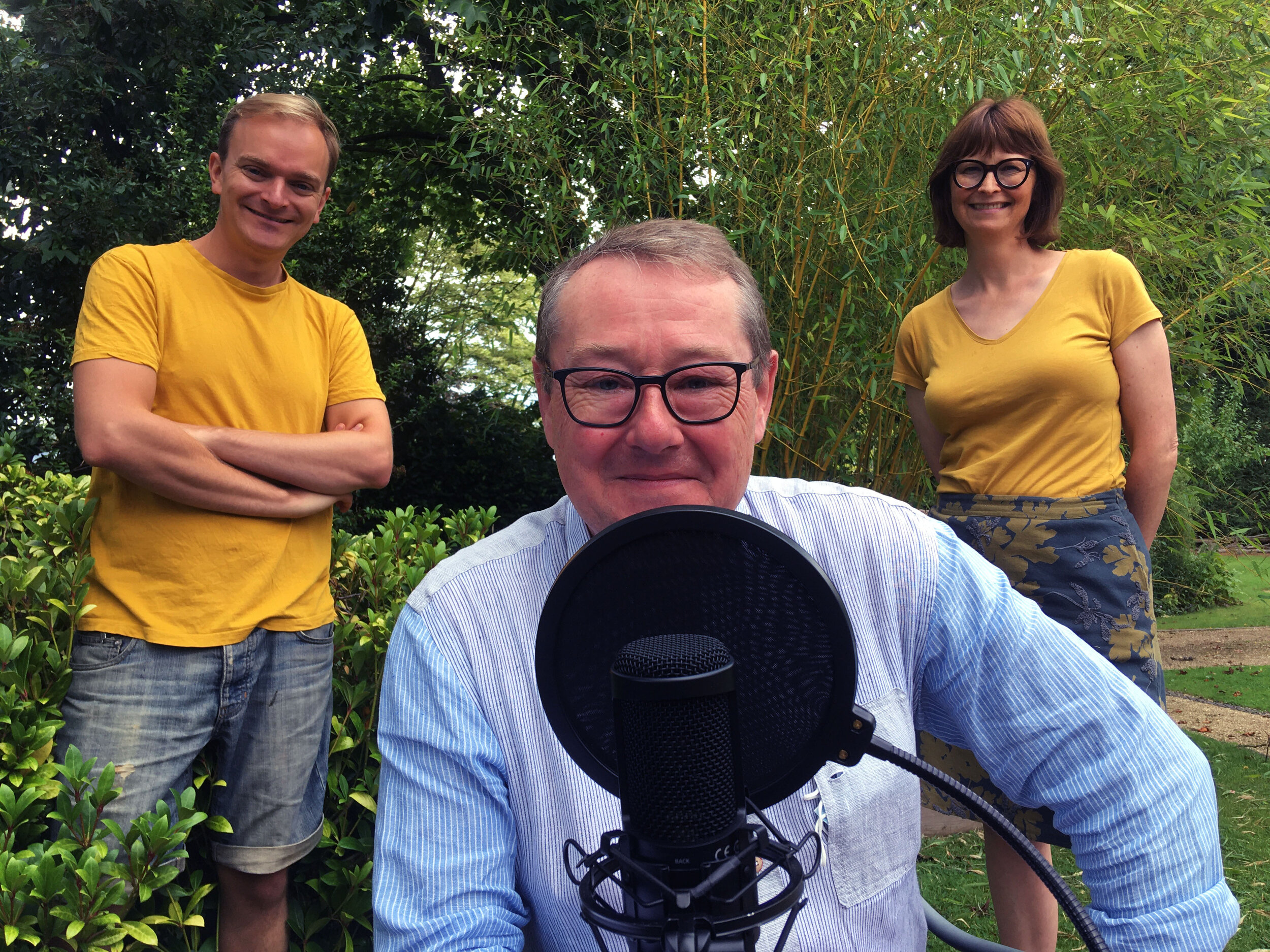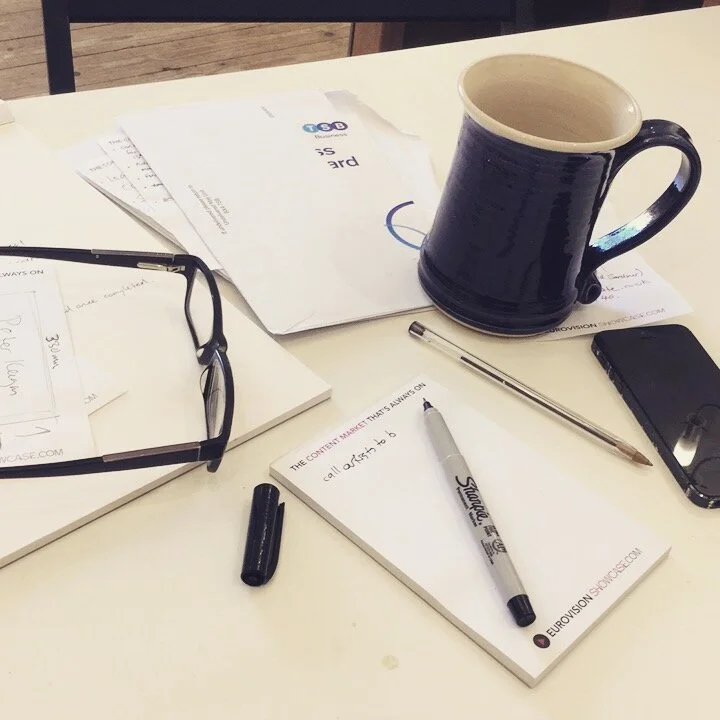Interview with Silversmith James Dougall
Episode 50: Interview with Silversmith James Dougall
In today's episode Laura and Peter interview James Dougall whose journey into being a silversmith had a few fascinating twists and turns. Now a Freeman of the Worshipful Company of Goldsmiths James came to the business late after working in several other fields. His story will hopefully give hope to many 'second career' artists!
James Dougall: His long journey to becoming an internationally renowned silversmith is a fascinating one and James has plenty of sound advice for any listener wanting to become a second (or even more) career artist. We recommend you listen to the episode for the bigger picture, but here are a few pointers from his conversation.
The Useful Stuff
1. James mentions that he was the most diligent of the students on his degree course. In addition he filled his holidays with internships and work experience. It’s vital to seize every opportunity of learning and practice. James sold his final degree work to a silver dealer and launched his career as a consequence of his hard work and skills, not through a lucky break!
2. Becoming a working artist takes financial risk. James has always been prepared to risk his finances for the good of his work. He is opening a shop in response to losing his normal exhibition and show dates due to Covid. ‘Beg and borrow if needs must to promote your work’ he advises ‘whatever it takes to show up and be present’.
3. Have an eye for business as well as beauty. Leaving college, James designed small curving boxes covered in speciality fish leather. He called them ‘palm sized pleasures’ and their unique visual and tactile beauty, alongside their price, made them an instant success. By balancing cost with inventive design and refusing to compromise on quality, James made a winning product
4. Keep moving forward: James sells at shows and exhibitions by selection. He has to constantly update his work and keep to the highest standards to be considered for entry. While not all artists have this pressure, he views it as an essential part of his practice to keep pushing the boundaries of his skills and designs.
5. Skills are never wasted. James relates how some skills, like engraving, have taken years to become useful to his work. He waited until he felt there was a real connection between engraving and the work he was making. Learning is always a positive process.
6. Drawing and note taking are key for James. He has a daily practice of sketching. Establishing a creative routine is an important tool for the working artist, diligence and persistence are more productive than waiting for inspiration to strike.
The Takeaway
You can find James Dougall at https://jamesdougall.com
His shop is at 14c Market Square, Winslow, Bucks MK18 3AF open Thurs-Sat and by appointment.
This Podcast is sponsored by Michael Harding Colours. For more information about Michael’s colour range or to find a retailer near you, please visit www.michaelharding.co.uk


